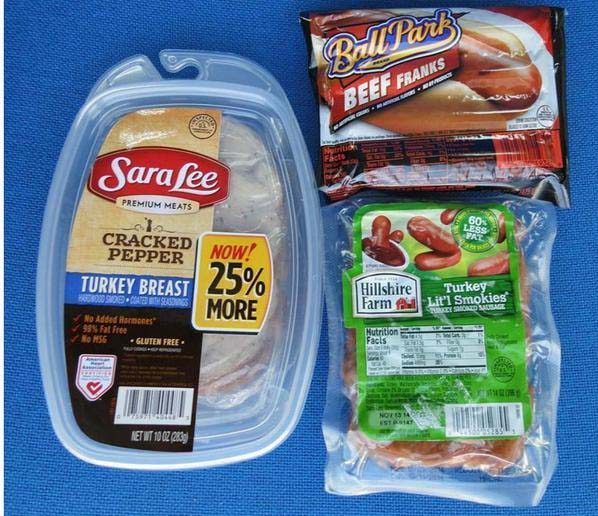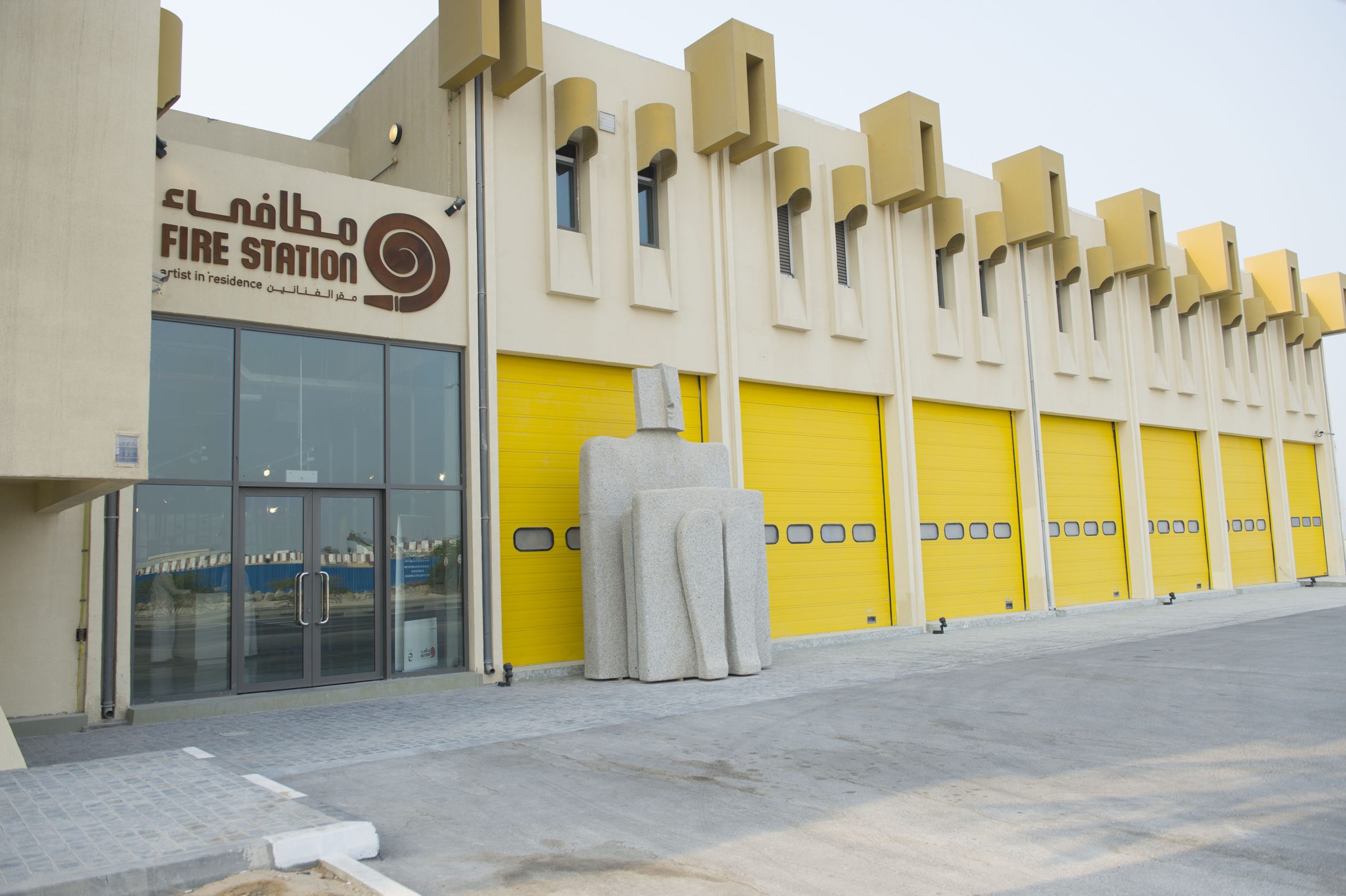
With reporting from Riham Sheble
Several pre-packaged meat products have been withdrawn from supermarket aisles in Qatar because they lack paperwork relating to their halal credentials.
Sara Lee Cracked Pepper Turkey Breast, Ball Park Beef Franks and Hillshire Farm Turkey Lit’l Smokies were cleared out of stores this week.
The Ministry of Municipality and Urban Planning (Baladiya), which monitors food products and outlets in Qatar, announced the ban yesterday, saying:
https://twitter.com/Baladiya1/status/524535213095788544
In a statement, the MMUP said that a shipment of the food was “withdrawn to ensure they are safe for consumption and to protect the health of customers.” It also stated that the items violated halal slaughter regulations.
The products are usually sold in Carrefour, Lulu and Megamart, but appear to have been removed from the chiller cabinets of all three supermarket chains.
A spokesman for Megamart told Doha News that the company was waiting for its latest shipment, which is currently being held at customs because of the ban.
However, he said they were in talks with the MMUP and hoped to resolve the issue soon, and to restock with the products next month.
What is halal?
Ball Park Franks hot dogs are made by Chicago-based Hillshire Brands, which also produces Hillshire Farm Turkey Smokies and operates the Sara Lee brand.
On the companies’ websites, there is no mention of whether their products are halal.

The Arabic word “halal” means permissible, and in this case is used to mean food that Muslims are allowed to eat. Pork and carrion are not halal, for example.
The term is also often used to signify that the meat was slaughtered in a way that meets Islamic standards.
The process of Islamic slaughter involves cutting through a healthy animal’s jugular vein, carotid artery and windpipe. All blood is drained from the carcass, and a dedication is read by a Muslim during the process.
In 2011, the GCC announced it was introducing new regulations on meat imports to the region, which would require certification that the animals were slaughtered in compliance with Islamic law.
However, the latest ban has caused some Qatar residents to question whether all the meat products they buy in Qatar are in fact halal.
@Baladiya1 those from western country's already knew these were not halal. I can show u other products in megamart & lulu that r non-halal
— Ahmad (@ahmad_northern) October 21, 2014
US export rules
According to the US Department of Agriculture’s Food Safety and Inspection Service, all meat products being exported from the US to Qatar require a certificate of Islamic (halal) slaughter.
These certificates can be issued from a member of an Islamic center or Muslim organization that is officially recognized by the Qatari authorities for providing this service.
Requirements include:
- A statement that the animals were slaughtered according to Muslim religious requirements;
- Labels on the products that state they are “halal;” and
- Certification of the statement by the Qatar consulate in the exporting country. This certificate must accompany all shipments.
The USDA also states that “processed products (such as deli meats) with halal label claims and raw materials used in processed products with halal label claims must be accompanied by an appropriate halal certificate.”
Thoughts?







